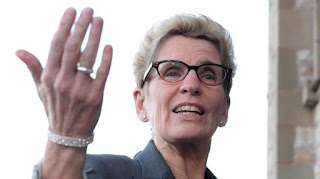The New Negative Normal?

Justin McCurry of the Guardian reports, Bank of Japan shocks markets by adopting negative interest rates : Japan’s central bank has made a shock decision to adopt negative interest rates , in an attempt to protect the flagging economy from market volatility and fears over the global economy . In a 5-4 vote, the bank’s board imposed a 0.1% fee on deposits left with the Bank of Japan (BoJ) – in effect a negative interest rate. The move, which follows the similarly aggressive precedent set by the European Central Bank in June 2014, is designed to encourage commercial banks to use excess reserves they keep with the central bank to lend to businesses. The surprise decision came just days after the bank’s governor, Haruhiko Kuroda, suggested he had dismissed any drastic easing measures to boost business confidence. On Friday, the bank said it had not ruled out a further cut. “The BoJ will cut the interest rate further into negative territory if judged as necessary,” it said i...



